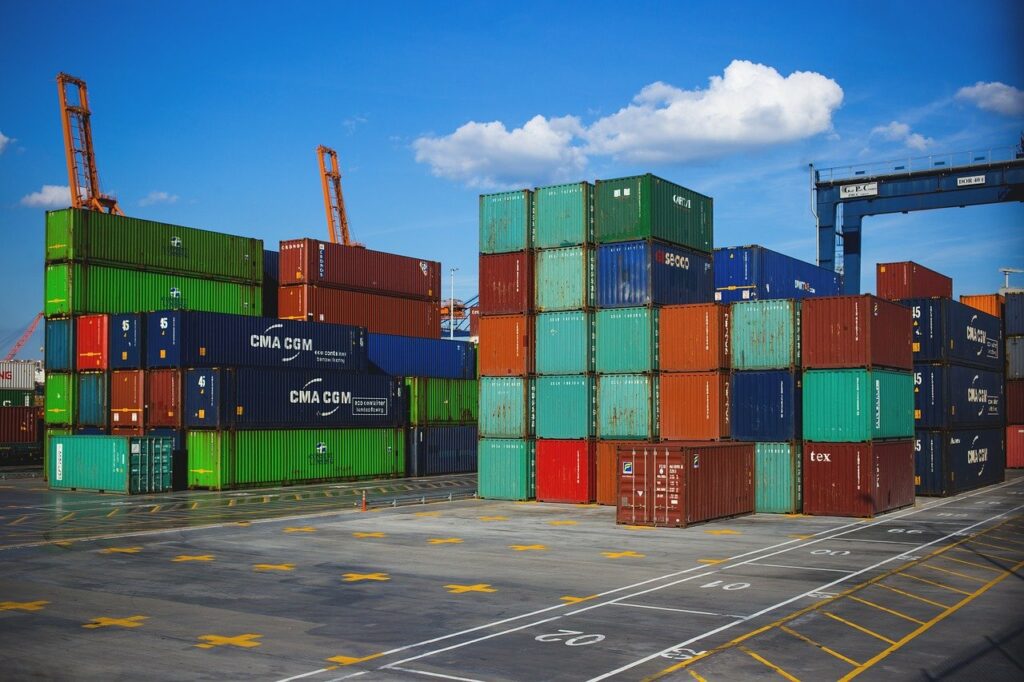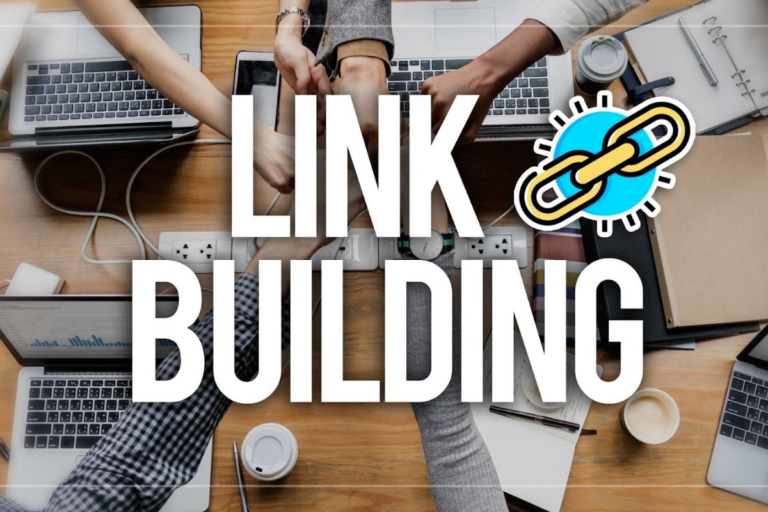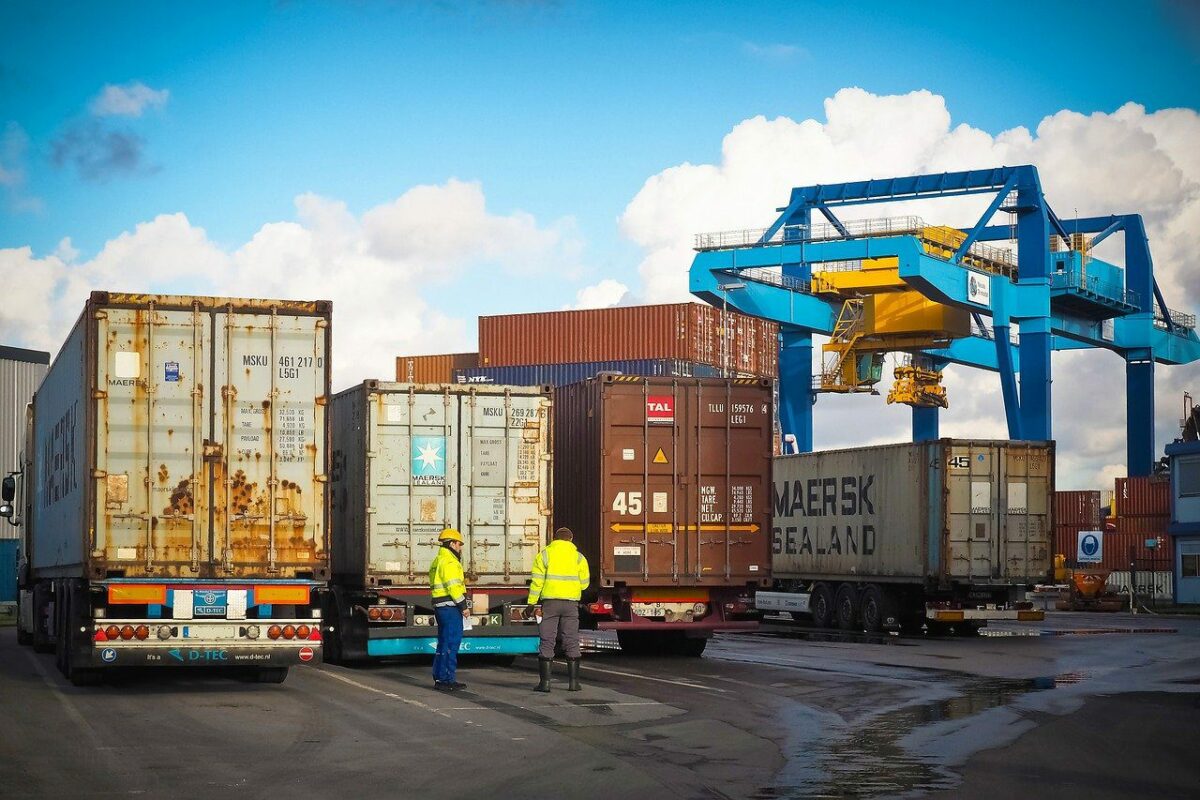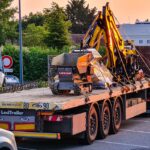If you are starting a trucking company in the United States, you will have to take several steps before you can begin taking hauls. You will have to set yourself up as a business entity with your state, and you can register as a DBA, Limited Liability Corporation, or Corporation.
A DBA stands for Doing Business As. When you create this type of business entity, you will operate under your Social Security Number and create a name under which you want to operate.
When your company operates as a DBA or sole proprietorship, you will be directly responsible for any debt your company incurs. Someone could sue you directly and garnish your bank account if they win. Starting a trucking company as a DBA is generally not a good idea.
A corporation is a business structure that larger companies normally use. They have their own tax numbers, and they have officers. They can go public or award shares to people. Shareholders and owners and the business itself may be taxed depending on the type of corporation that is set up.
The largest trucking companies in the United States are corporations, but it is unlikely that a corporate structure would benefit a small trucking company.
Most small trucking companies are LLCs. An LLC combines the features of a corporation and a DBA. When you start an LLC, you will be issued a separate tax identification number. This gives you protection from lawsuits because a person would sue the company and not you.
It is a good idea to officially appoint officers for your business. You will need to have a commercial driver’s license as well. There are a few steps to the process of getting a DOT number.

What Kind Of DOT Number Will I Need?
If you are taking hauls across the United States, you will need to get a USDOT number if your trucks meet any of the following criteria:
- The vehicle is used to transport hazardous materials of a type or quantity requiring a safety permit in intrastate commerce.
- It is a truck with a gross vehicle weight or combination weight rating of 10,001 pounds or higher. You must always go by the greater weight.
- The vehicle is designed or used to transport more than eight people for money. Or it is used to transport more than 15 people without compensation, and is involved in Interstate commerce or transportation in the U.S. or outside the U.S.
If you are not planning on crossing state lines, you will need a DOT number from your state. The majority of states require you to get a USDOT number as well, even if you have no intention of taking interstate hauls.
If you need the U.S. DOT number, you will need the following documents:
- Your Dun and Bradstreet Number.
- Your Employer Identification Number.
- The names of your company officers.
You will then want to visit the Federal Motor Carriers Safety Administration’s Unified Registration Page to create an account and fill out your paperwork. There you will put in your company name and address as well as your EIN, officer names, and Dun and Bradstreet Number.
You will select your operator classification at this stage. The FMCSA needs to know if you will be carrying passengers or cargo. They also want to know if you will have government contracts.
Cargo is divided into five basic categories: general freight, household goods, beverages, farm supplies, and passengers. If the cargo you carry ever changes, you will be expected to update it in the system.
If you are hauling hazardous material, you will have to disclose the type of material you will be carrying. You may need trucking permits for certain kinds of cargo because some materials are heavily regulated. You may have to fill out additional paperwork if you are hauling such material.
Once you are done filling out the forms, you will sign and submit them. Your application will be reviewed, and you will get your DOT number in about six weeks.
Most states have a similar process for getting a state DOT number. You must display both your state and federal DOT numbers on your trucks to operate legally. Once your DOT numbers are on your trucks, you can buy all the insurance you need, hire drivers, and start taking hauls.
I am planning on operating nationwide (48 States). What permits will I need? Is this idea comes to your mind on expanding your business? well, worry no more we’ve got you covered learn more about it by reading out the article.






























